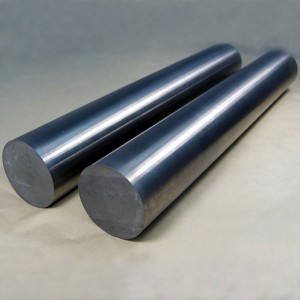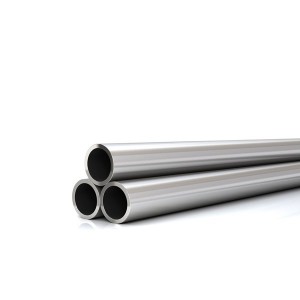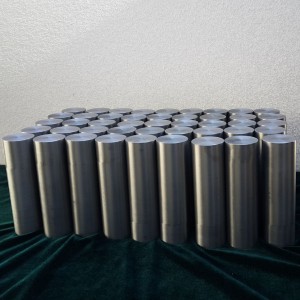pure Gr1 Gr2 Gr3 Gr5 Gr7 Gr12 titanium plate titanium sheet
Titanium plates are widely used due to their excellent properties. Some common uses for titanium plates include:
1. Aerospace: Due to its high strength-to-weight ratio and corrosion resistance, titanium plates are used in the aerospace industry for aircraft components such as structural elements, engine components, and landing gear.
2. Medical implants: Due to its biocompatibility, low density, corrosion resistance and other characteristics, titanium plates are used in the medical field for implants, such as bone plates and joint replacements.
3. Chemical processing: Due to its excellent corrosion resistance, titanium plates can be used in chemical processing equipment, such as pressure vessels and heat exchangers, even in aggressive chemical environments.
4. Marine applications: Due to its corrosion resistance in saltwater environments, titanium plates are used in marine applications for parts exposed to seawater, such as ship hulls, propeller shafts and offshore structures.
Overall, titanium plates are valued for their combination of high strength, low density, and superior corrosion resistance, making them suitable for a variety of demanding applications.

Both titanium and stainless steel have their own unique properties and benefits, and the choice between the two materials depends on the specific requirements of the application.
Titanium is known for its high strength-to-weight ratio, excellent corrosion resistance and biocompatibility, making it a popular choice for aerospace, medical implants and marine applications. It also has strong corrosion resistance in seawater and various chemical environments.
Stainless steel, on the other hand, is valued for its strength, durability, and resistance to staining, corrosion, and rust. It is commonly used in a wide range of applications including construction, automotive, kitchen appliances and industrial equipment.
In terms of specific properties, titanium is lighter and has a higher strength-to-weight ratio than stainless steel. However, stainless steel is generally more cost-effective and easier to manufacture.
Ultimately, the choice between titanium and stainless steel depends on the specific requirements of the application, including factors such as strength, weight, corrosion resistance, cost and manufacturing considerations.

Titanium is known for its biocompatibility, meaning it is well tolerated by the body, and is often used in medical implants. When used in medical implants, titanium can last a patient's lifetime. The exact duration may vary based on the specific application and the individual's physiological response, but titanium implants are designed to be durable within the body.

Wechat:15138768150
WhatsApp: +86 15838517324
E-mail : jiajia@forgedmoly.com










